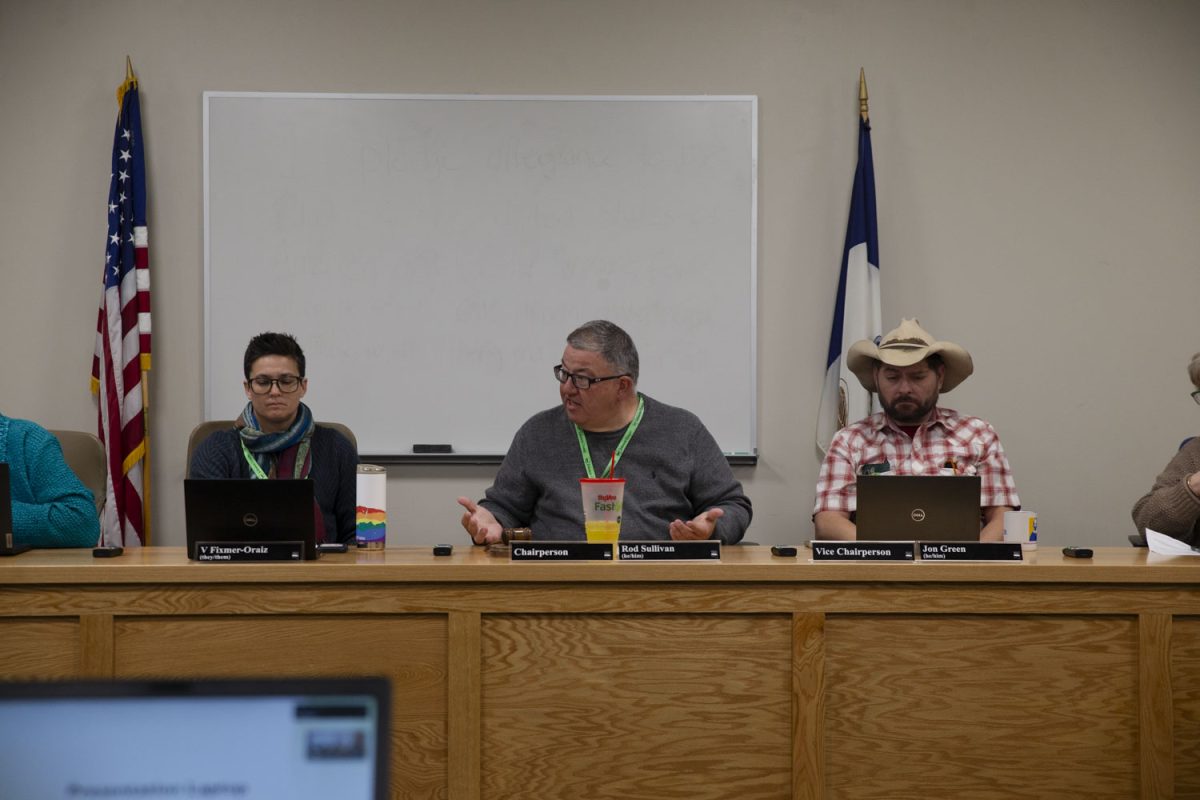Forget the book under your pillow and studying through osmosis — experts agree a simple good night’s sleep can help deliver that “A” on tomorrow’s test.
Researchers at the University of Iowa, and across the nation, are now taking the science a step further and investigating the power of naps.
“A lot of our long-term coding of memories are encoded in sleep,” said Mark Dyken, the director of the UI Hospitals and Clinics Sleep Disorders Center. “Maybe the power nap will allow them to encode the data better.”
Experts have proven that sleep allows the brain to form connections and make memories, and a lack of sleep inhibits memory formation. In other words, experts recommend getting a good night’s rest before a big test.
At this year’s Society for Neuroscience conference in New Orleans, scientists presented more research to back that up.
“Sleep plays an important role in learning and memory processing,” according to the abstract from Human Long-Term Memory: Encoding and Sleep. “Growing evidence suggests that sleep deprivation degrades behavioral and neural capacity to encode new memories.”
At the UI, researchers are looking specifically at the power of naps and memory formation.
“What we are interested in is what helps college students learn better,” said Professor Karla McGregor, a co-principal investigator of the study.
The study involves three groups, randomly assigned, all taught new words. One group takes a nap after the lesson, another plays a non-verbal video game, and the last group plays a verbal video game. So far, results show benefits for both the nappers and the non-verbal video gamers.
McGregor believes there are two possibilities on why there were benefits in both of the quiet groups. One is that something special happens in the brain during sleep. Another is that quiet is key.
“One possibility is that it isn’t sleep per se that matters — rather it’s that being quiet allows you freedom from interfering information,” she said.
Dyken recommends only 30-minute naps — enough sleep to refresh a body but not enough time to enter deep sleep.
McGregor noticed something else in her research.
“College students need more sleep than they’re getting,” she said after looking at the self-reported sleep statistics students gave.
On average, the subjects of the study reported getting an average of 6.5 hours of sleep. However, there was a range from 1 to 10 hours.
“Most of us are sleep-deprived in our modern society. There are lots of reasons young people are sleep-deprived,” Dyken said. “Often times when you’re younger, you push yourself to the limits.”
Even knowing how sleep affects memory, many UI students don’t plan to make many changes to their sleep and study patterns.
UI sophomore Neal deBuhr averages about three to four hours a night and rarely takes a nap.
“I’d like to [get more sleep], but I’ve got a really full schedule,” he said.
UI freshman Diamond Denney averages around six hours a night, and she takes a daily nap.
“I usually try to get more sleep [before a test],” Denney said. “I just feel I’m going to perform better if I’m not tired during the test.”
Dyken stressed the importance of sleep, especially for students.
“I think you need just as much sleep [in college], and I think they’re getting the least sleep,” he said.
Experts agree, though, that if you can’t get a full night sleep, a nap is a good option.
“Sometimes, you have to nap,” Dyken said. “I think it’s probably a smarter idea than sleep deprivation. But it doesn’t supplant regular sleep.”






